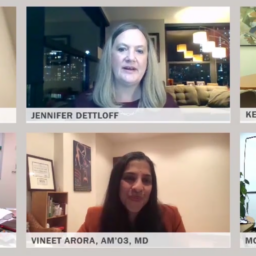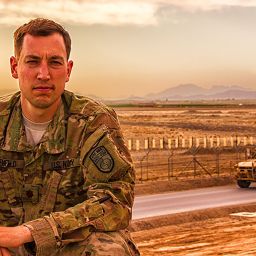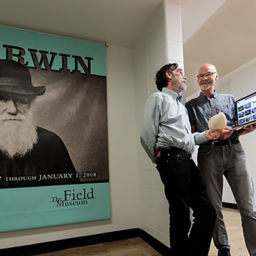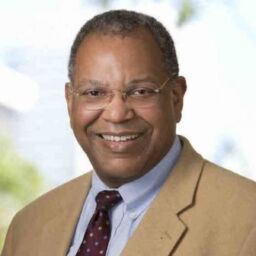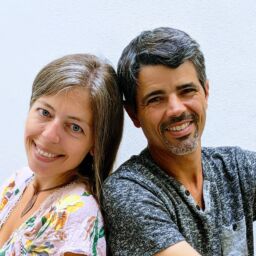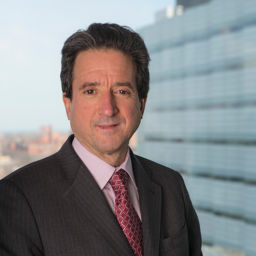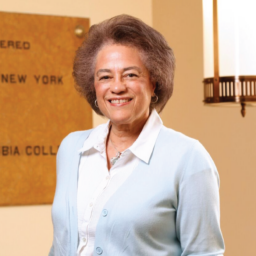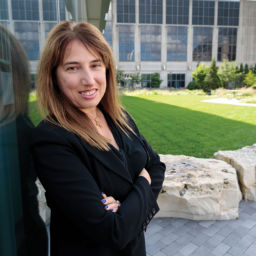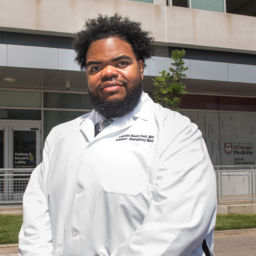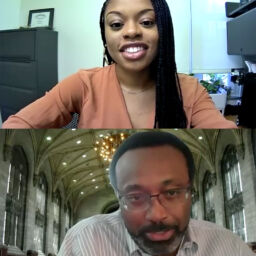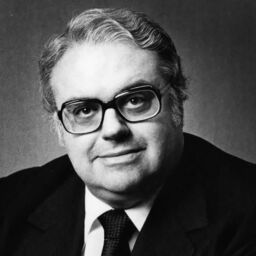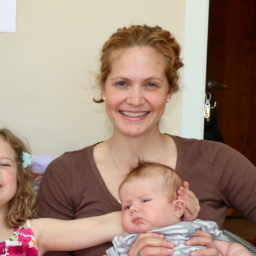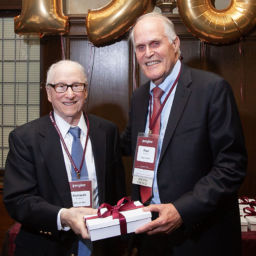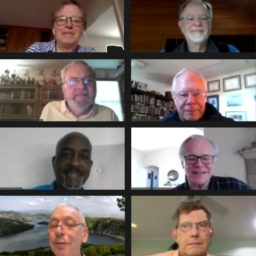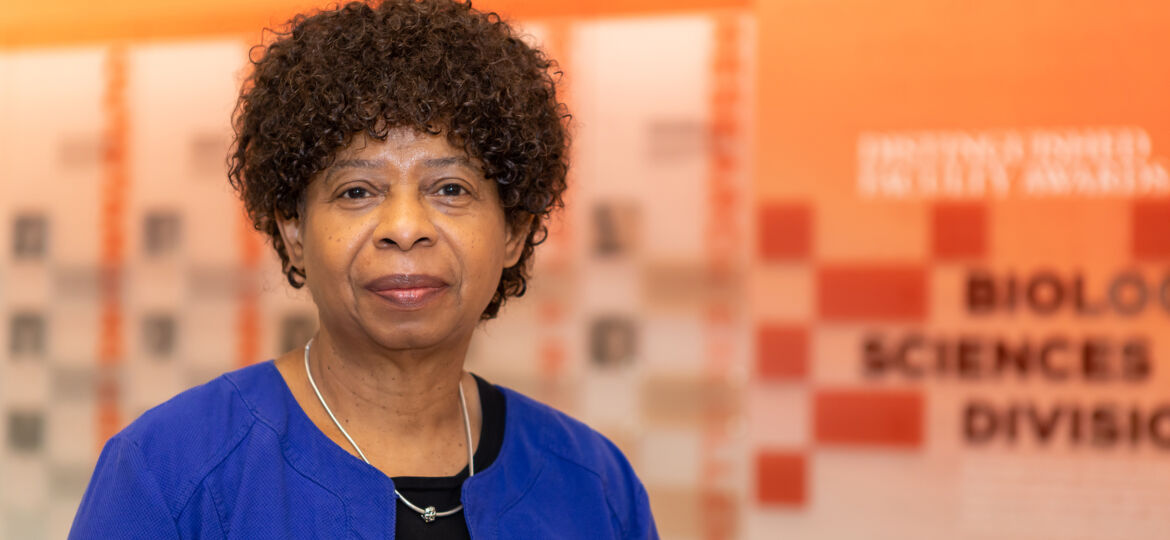
by Angela Wells O’Connor
Doriane Miller, MD’83, is the new president of the University of Chicago Medical & Biological Sciences Alumni Association (UChicago MBSAA). She is a professor of medicine and inaugural director of the University of Chicago Medicine’s Center for Community Health and Vitality, and has provided care to underserved minority populations for more than 30 years. Miller also was recently named director of Health Equity Integration for the Institute for Translational Medicine. Her research focuses on the intersection of health disparities and race. She has served on the Alumni Council for eight years.
What are some of the highlights of your work with the Alumni Council?
I’ve been very pleased with being able to work on realigning the alumni awards process to make sure that it parallels the University’s Alumni Awards, with the expansion of many of the award categories to include both young and more seasoned professionals.
We also looked at the issue of accomplishments versus service, which is a distinction that’s made on the University side. We had been much more likely in the past to recognize people for their basic science achievements—the typical triple threat who’s an incredible bench researcher, clinician and educator. But how about people who have done work in the public sector, whether it be administration, advocacy, public health or global health? It’s important for medical students and BSD trainees to have role models who have done work in these areas.
What calls you to serve and lead the Alumni Council?
I have always deeply appreciated the level of support that was given to me when I was a medical student at Pritzker. I had wonderful role models here, including Louis Cohen, SB’48, MD’53; Joseph Baron, BS’58, MS’62, MD’62; Lloyd Crump, MD; and James Bowman, MD, whose door was always open. Gomez Charleston, MD’75, was also a wonderful clinical teacher and role model for me as a medical student. He ended up being a primary care physician for both of my parents, as well as one grandparent. Pritzker’s approach to education helped shape my career and how I approach clinical medicine and problem-solving with rigor and thoroughness. I wanted to give back in some way.
What are some of your leadership priorities?
Over the past few years, the UChicago MBSAA has broadened its membership by inviting medical students, graduate students, and residents to serve on the Alumni Council. And I think that they bring in very fresh and needed perspectives. I would like to continue that work.
In addition to growing diversity of perspective, thought and opinion, we want to increase diversity of content that’s communicated. This means sharing updates around the research that’s taking place across the BSD to make sure our alumni are exposed to what’s happening on the ground here.
Much of your clinical work is community-based. How can the UChicago MBSAA build community?
We have an incredible professional staff led by Jennifer Dettloff, director of alumni and volunteer engagement, UChicago Medicine and Biological Sciences Development, and we are always looking for ways to engage alumni. This includes not only going deeper into the clinical research and teaching activities within the BSD and Pritzker, but also connecting across the University through professional affinity groups. For example, a book club was recently instituted for members of different alumni groups. The books are not technical publications, but lay publications, which makes it a fun activity. We look forward to being able to socialize in person again, but even with pandemic restrictions, we’ve still been able to meet with one another on a casual basis over Zoom calls, to learn about one another’s work and to catch up. This often involves personal discussions around children, family, and other interests. It’s fostering the sense that once you are a graduate of the University of Chicago within the Biological Sciences Division and the Pritzker School of Medicine, it’s not the end, but it’s the real beginning of the formation of a community that can help to sustain you through lifelong learning opportunities.


